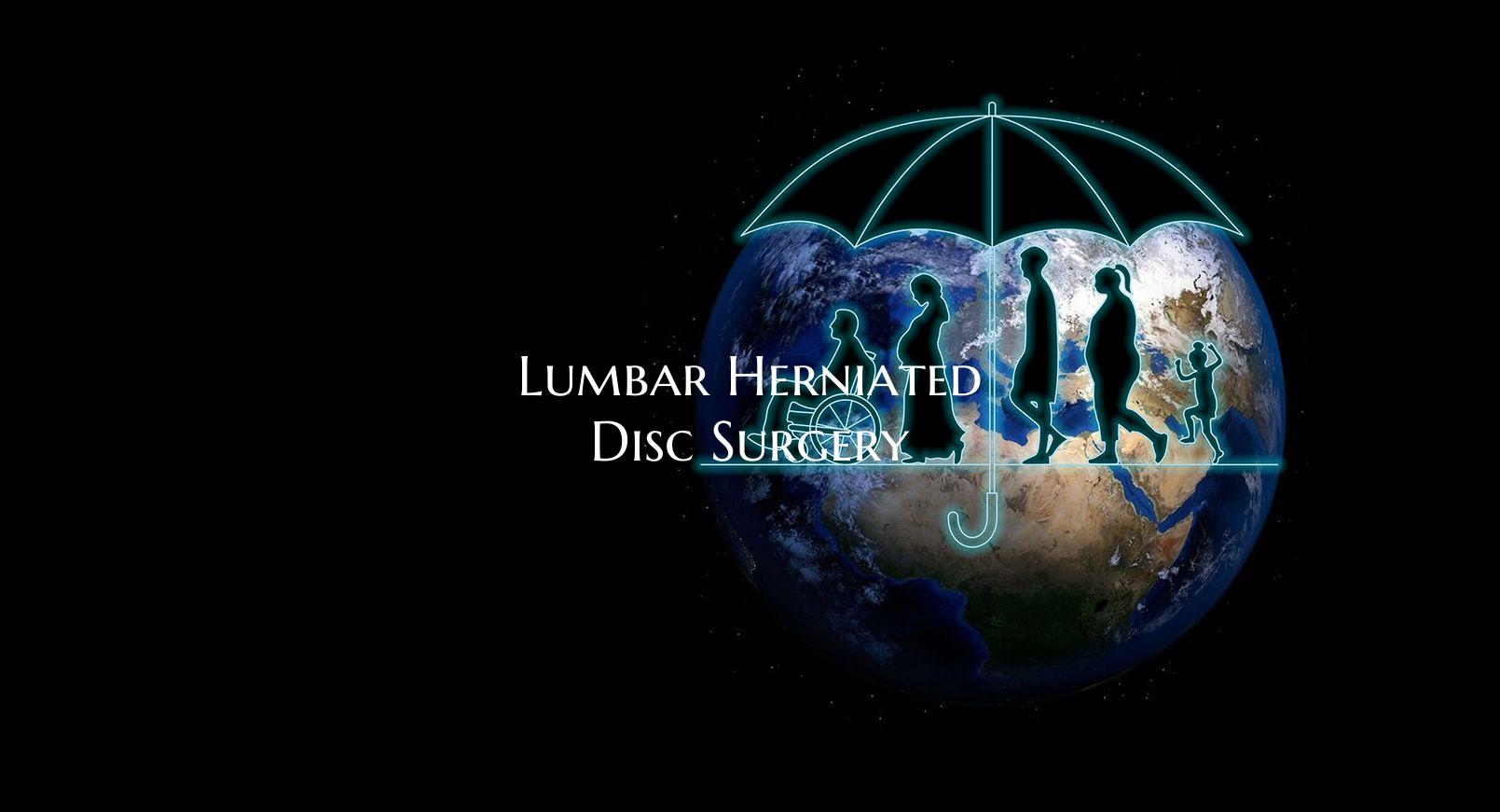
Lumbar Herniated Disc Surgery
Lumbar herniated disc surgery, also known as lumbar discectomy, is a surgical procedure performed to relieve pain and other symptoms caused by a herniated disc in the lower back. A herniated disc occurs when the soft inner core of a spinal disc protrudes through the tough outer layer, putting pressure on nearby nerves.
Surgery is often recommended when nonsurgical treatments such as medication, physical therapy, and injections fail to provide relief. The goal of lumbar herniated disc surgery is to remove the portion of the disc that is pressing on the nerve and causing symptoms such as leg pain, numbness, and weakness.
There are different surgical approaches for treating a lumbar herniated disc, including traditional open surgery and minimally invasive techniques. Minimally invasive procedures involve smaller incisions, less muscle damage, and quicker recovery times compared to traditional surgery.
It is important for patients to discuss the risks and benefits of surgery with their healthcare provider and to carefully follow post-operative instructions for the best possible outcome. Physical therapy and rehabilitation may also be recommended to help strengthen the back and prevent future disc problems.
Overall, lumbar herniated disc surgery can be an effective option for relieving symptoms and improving quality of life for individuals suffering from this condition.